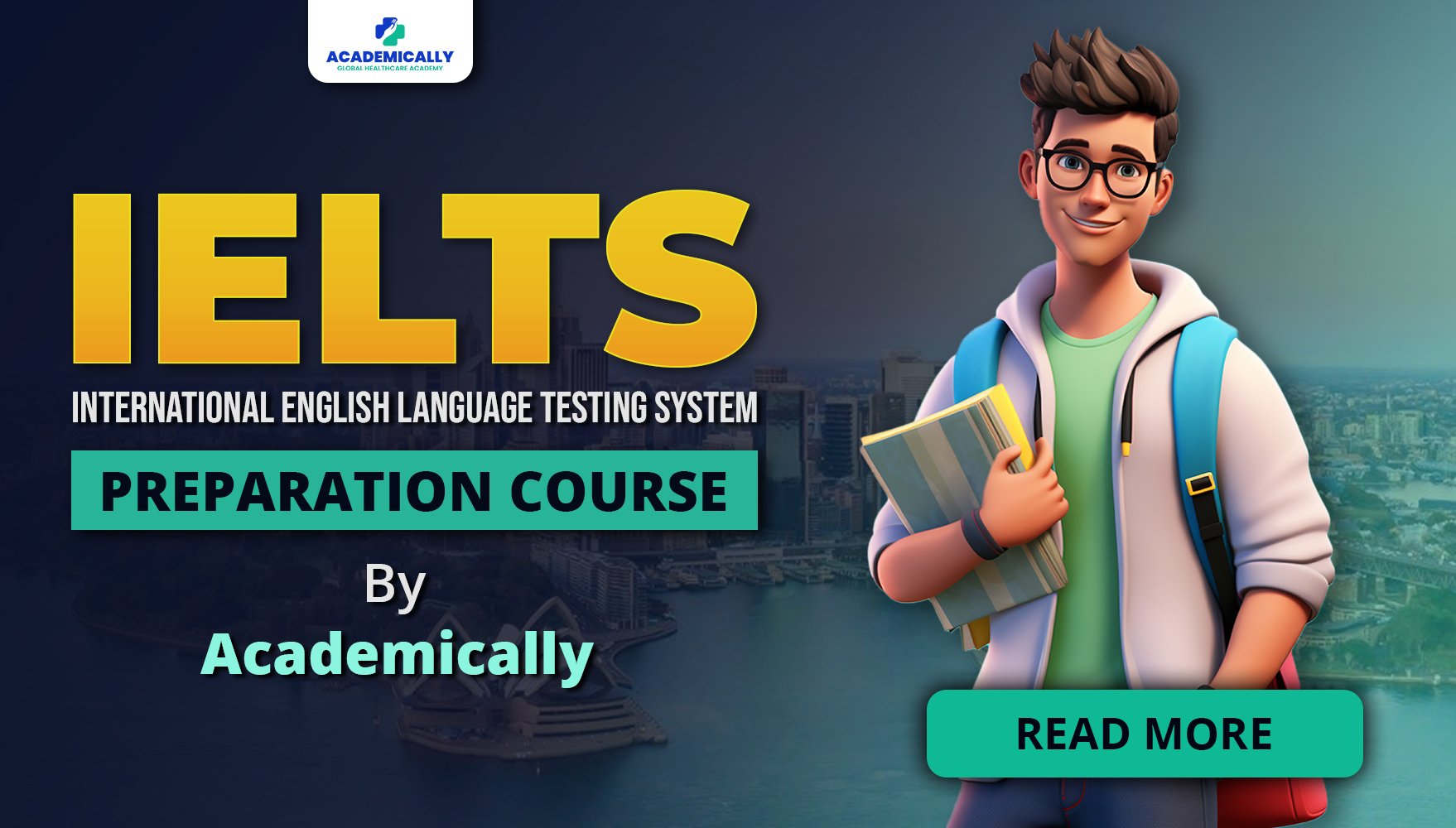
Preparation Strategies
There are some general things to consider while preparing for the IELTS exam. These things can help you understand and face the exam in a better manner.
Understanding the Test Format and Scoring
Begin your IELTS journey by thoroughly understanding the test format and scoring system. Familiarise yourself with all four sections, which consist of listening, reading, writing, and speaking. Know the duration and question types for each module. Understanding the scoring scale and band requirements for your specific goals will help you set realistic targets.
Assessing your Current Level of Proficiency
Before delving into the preparation process, assess your current English language proficiency. Take a practice test to determine your strengths and weaknesses in each section. This initial evaluation will provide a baseline for tracking your progress throughout your preparation journey.
Creating a Study Plan
Develop a well-structured study plan suited to your schedule and target exam date. Allocate sufficient time to each section so that a balanced focus will be placed on all modules. Pay extra attention to the areas that you are weak in while maintaining regular practice in the areas that you are well-versed with.
Choosing High-Quality Study Materials and Resources
It is essential to invest in high-quality study materials, such as top-rated IELTS preparation books, online resources, and practice tests. Opt for materials specifically designed for your target exam (Academic or General Training) to ensure relevant practice.
Practising Regularly
Consistent practice is the backbone of IELTS preparation. Regularly engage in practice tests and timed exercises to improve your test-taking speed and accuracy. Make yourself familiar with different question types and train your skills accordingly.
Developing Listening and Reading Skills
It will be a great help if you try to immerse yourself in English audio materials like podcasts, news, and lectures to enhance your listening skills. Practise note-taking to retain essential information. Reading diverse materials, focusing on comprehension, skimming, and scanning techniques.
Improving Writing and Speaking Abilities
When it comes to writing, practising the method of structuring essays, reports, and letters with a clear introduction, body, and conclusion is essential. Seek feedback on your writing to identify areas for improvement. For speaking, converse regularly with friends, language partners, or teachers. Practise various topics and work on fluency and pronunciation.
Working on Time Management and Mock Tests
Effective time management is a crucial aspect of completing each section within the allocated time. Take regular mock tests under exam-like conditions to understand the actual test environment. Analyse your performance to identify patterns and areas that need more attention.
Seeking Mentorship
Signing up for preparation courses, seeking guidance from experienced tutors, or interacting with experts in the field can help you to be well-equipped for the exam. They can also provide feedback, tips, and strategies to accelerate your progress.
For example, the IELTS Exam Preparation Course by Academically.
Tips for the Listening Test
- Read the questions carefully before the recording begins. This will make it easier to identify the answers along with the recording.
- Once a section has been completed, make it a point to focus on the section ahead rather than be concerned about the previous one. This can avoid wasting time.
- The list of options to choose from as answers may not be in the order of the recording. It may be given in the alphabetical order.
- Pay attention to the instructions, and if there's a word limit, ensure that you stick to the limit and do not exceed it.
Tips for the Reading Test
- Practise reading a variety of English texts to perform well in the reading section
- Study the questions before reading the passages so that the answers can be found along the way.
- It is ideal to just skim through the passage to get an idea of the context before reading in detail to find the answers.
Tips for the Writing Test
- Read the questions carefully to ensure that your answers cover all parts of the questions.
- Stick to the instructed word limit.
- Make sure you use your own words to write the answers, as the words copied from the questions will not be counted.
- Your answers must not be in note forms or bullet points. Use paragraphs to organise your ideas.
Tips for the Speaking Test
- Be well-versed with different verb tenses and forms.
- Listen carefully to the examiner.
- Avoid answers of one or two words. Answers can be given in full sentences.
- Increase your vocabulary
Tips for the Test Day
To stay calm and confident, and avoid last-minute stress or panic, the following test day tips can help you when you appear for the examination.
- Double-check the exam date, time, centre, etc, to avoid any mix-up.
- Arrive early so that there's sufficient time to register, check in your belongings and settle down.
- All personal belongings need to be checked in before you enter the exam hall.
- If there's confusion regarding anything, do not hesitate to ask.
- Get sufficient sleep, eat healthy meals, and drink plenty of water on the days leading up to the exam to avoid any unexpected health issues.
Conclusion
Success in the IELTS exam is not only about linguistic skills but also about strategic planning and effective practice. By following a well-structured IELTS exam preparation strategy and implementing these valuable tips, you will be well-prepared to face the IELTS challenge and unlock a world of opportunities ahead.
Fill up this form for a free one on one counselling session.





